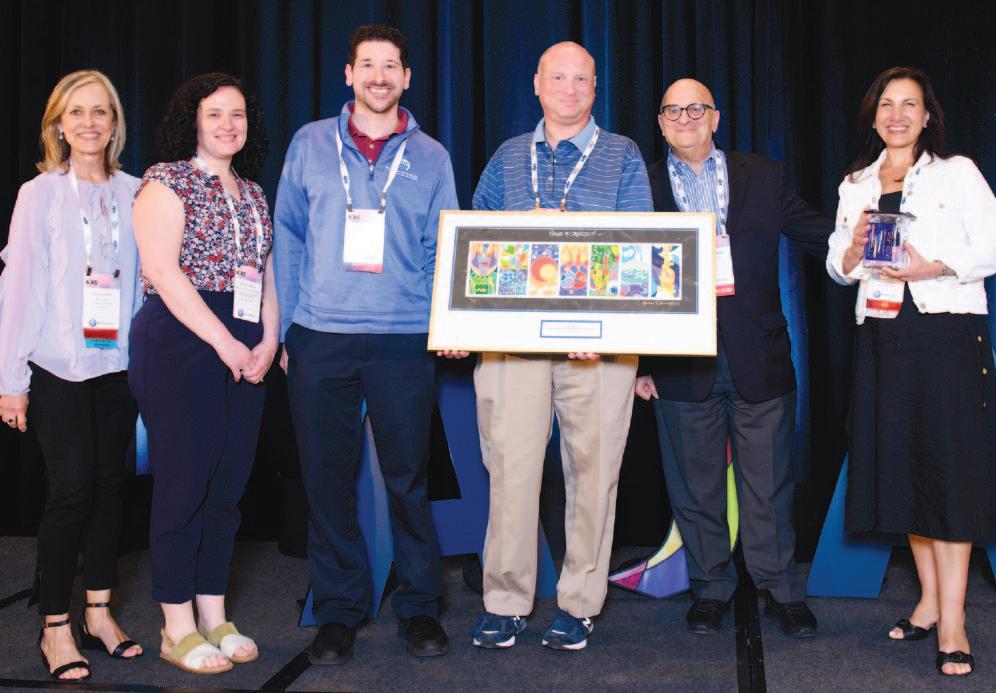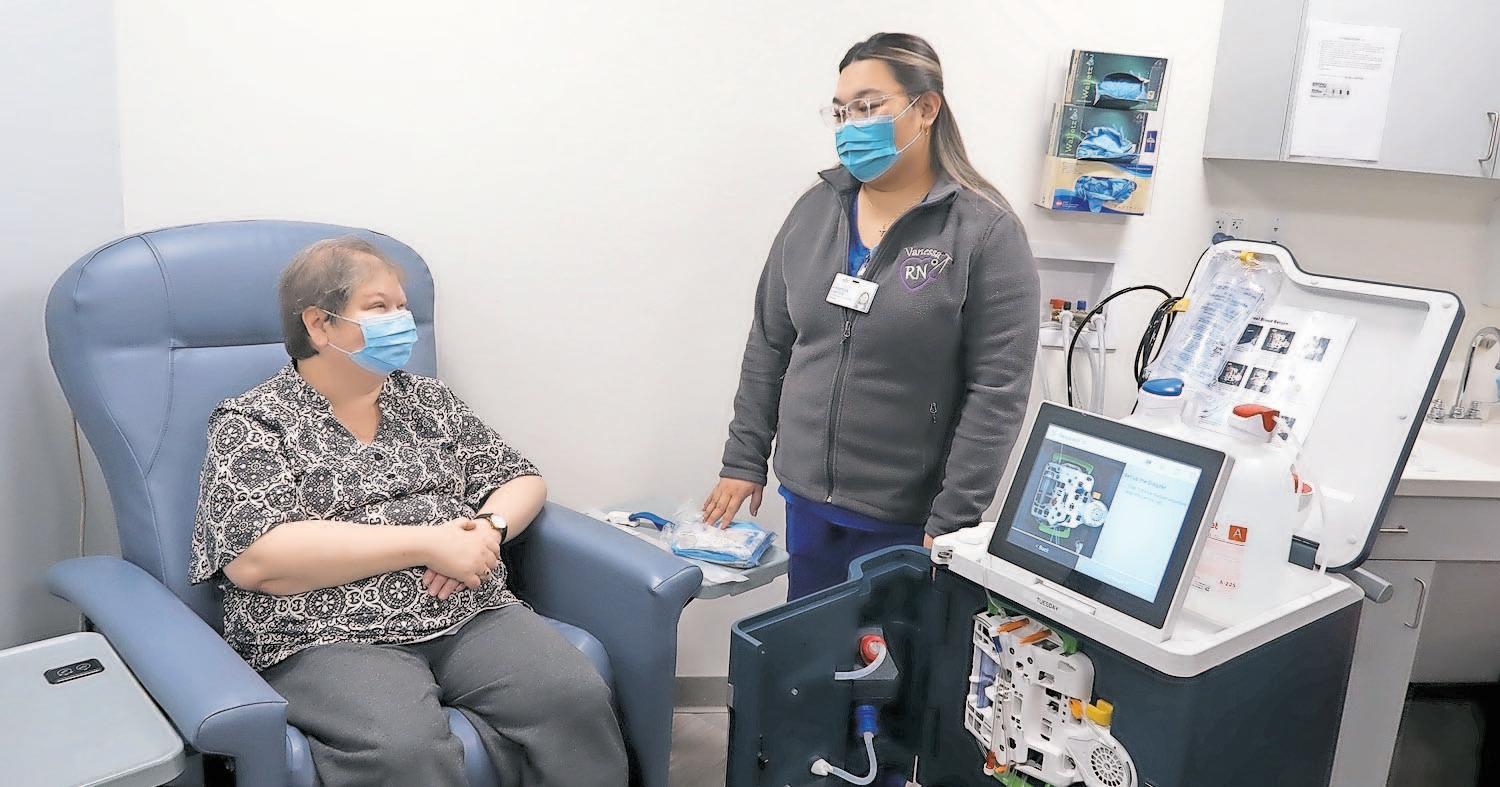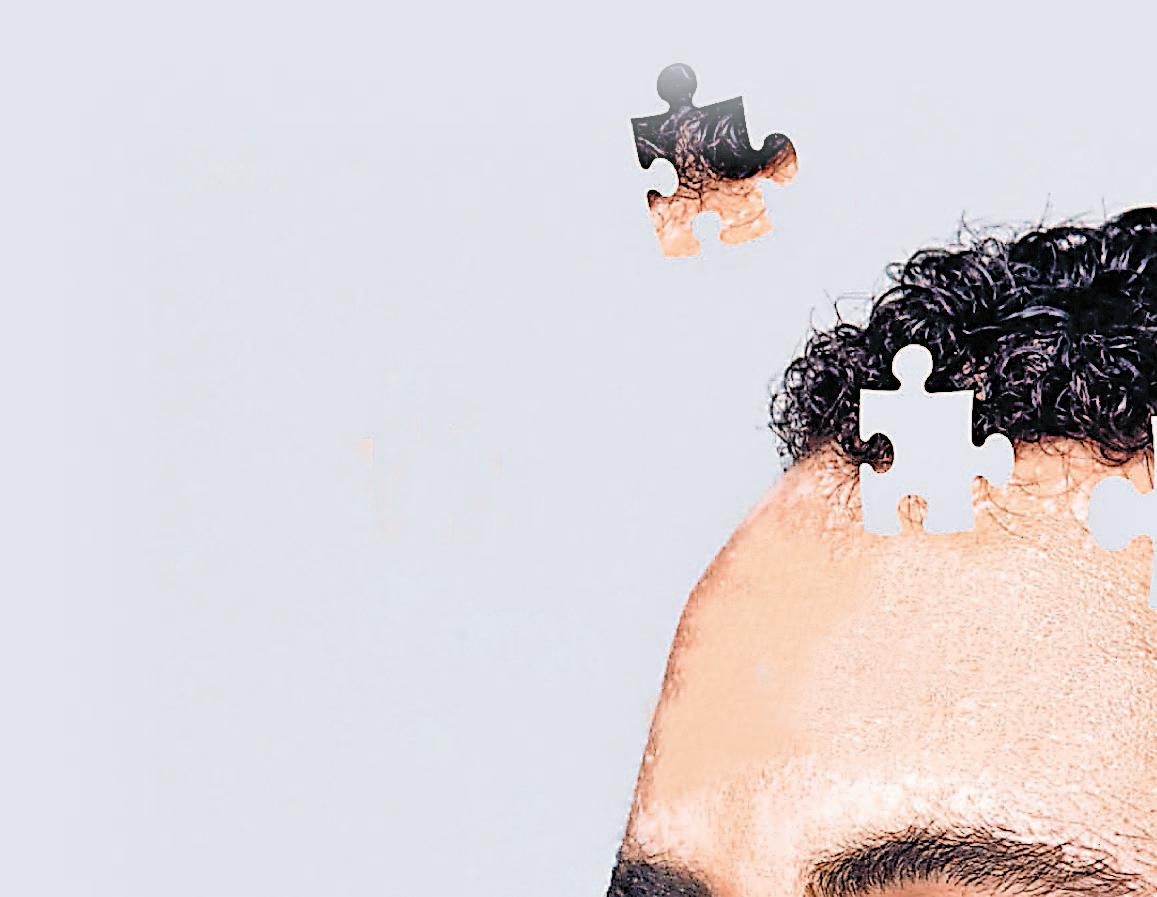
2 minute read
Aging Is Inevitable: Decline is optional
Here is a fascinating statistic. Centenarians, people who live to be 100 years young or more, embody a fairly small percentage of the total U.S. population. In fact, only approximately 1 out of every 10,000 Americans are 100 years or older. This small slice of the population who are surviving to extreme old age lures the attention of not only researchers but also the general public, as we attempt to recognize and learn from the experiences of those who beat the odds of environmental and biological hindrances to which most of us tend to fall prey. Why do some live such long, fulfilling lives, while others don’t? Good question, and one that needs to be addressed! Your first thought may be ‘perhaps these individuals are in some way genetically unique’. But no, the truth is, genetics only play a 25% part in their endurance. Guess what the other 75% is? Lifestyle! So, what do we need to do to live to 100, or beyond? What are we doing right? What are we doing wrong? Urban priorities transformed as we moved towards the industrial revolution due to the fact that infectious disease became such a great risk at that time. How about today though? Well, today, social isolation is the health risk of our time. Nowadays, 1/3 of the population claims to have two or less individuals who they can actually go to for comfort or help.
In researching centenarians, I swiftly discovered that as people age, and, quite frankly all through their lifespans, they are constantly surrounded by extended family, friends, neighbors, spiritual advisors, even the mail carrier. The fact is that people are always either with them or dropping by. They are not left to live lonely lives. Living a solitary life seems to be the norm in the developed world as we age. But, it doesn’t have to be and shouldn’t be! Happiness is having a large, loving, caring family and circle of friends.
The numerous stories that I’ve read about centenarians, together with the science that reinforces those stories, inspired me to ask some questions of my own. How am I best able to put off the day that I die? The answers that I discovered may not be what you expect. A researcher at Brigham Young University, Julianne Holt-Lunstad, addressed this very question in a succession of studies of literally tens of thousands of middle-aged people. Holt-Lunstad observed each and every facet of their life including: marital status, exercise, diet, how frequently they went to the doctor, and whether or not they drank or smoked. She kept track of every record and then sat back and waited for seven years to see who would still be around and doing well. Of the individuals left standing, her next feat was to find out what reduced their chances of dying the most.
(516) 788-7830 ilovehearing.com








